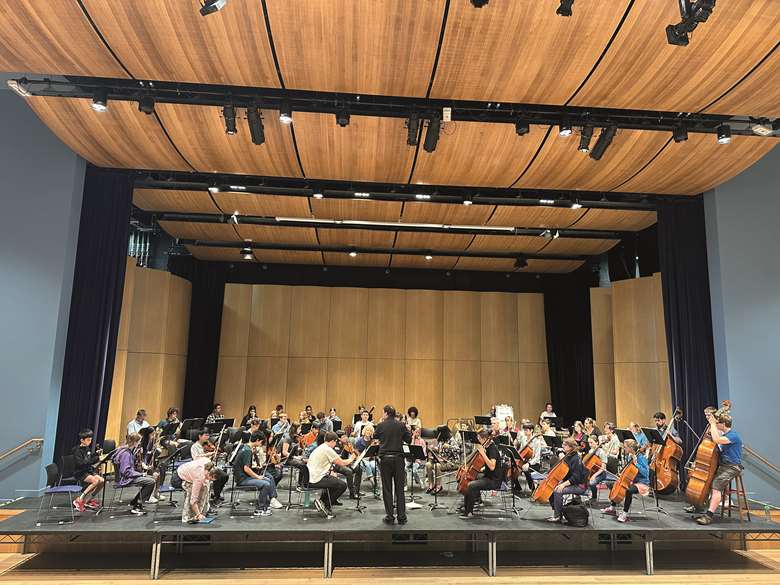Bach to school
Thomas Lydon
Tuesday, April 29, 2025
As belt-tightening continues, some elite arts organisations are finding the necessary resources – and collaborative spirit – in educational settings. Thomas Lydon asks: what on earth took us so long?


Register now to continue reading
Don’t miss out on our dedicated coverage of the classical music world. Register today to enjoy the following benefits:
- Unlimited access to news pages
- Free weekly email newsletter
- Free access to two subscriber-only articles per month




